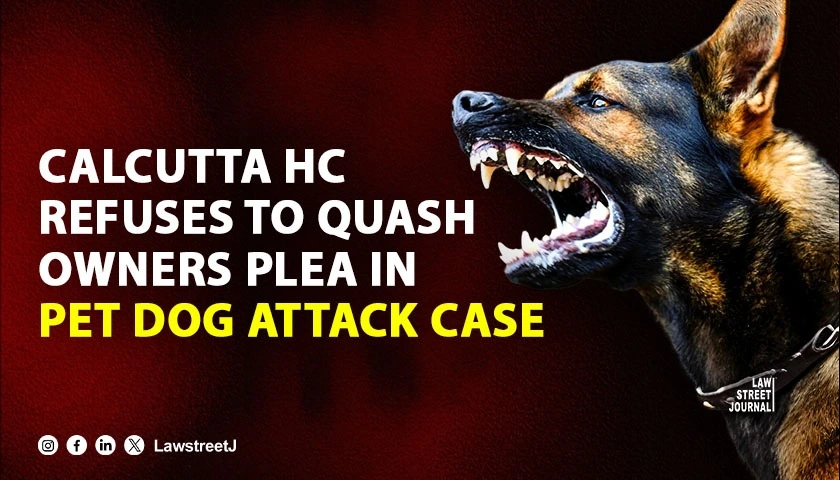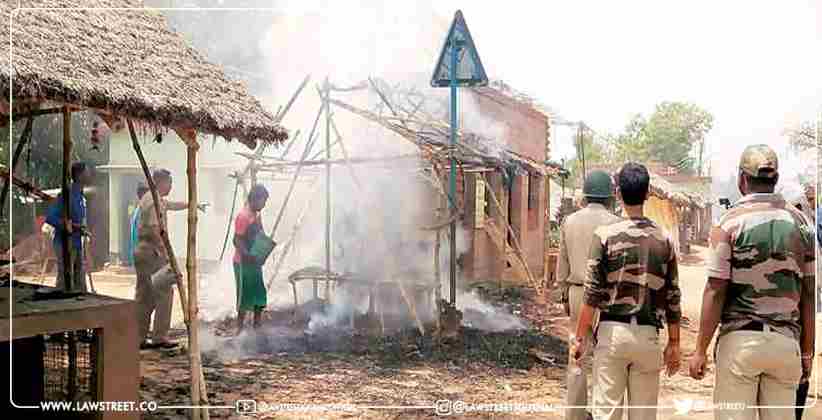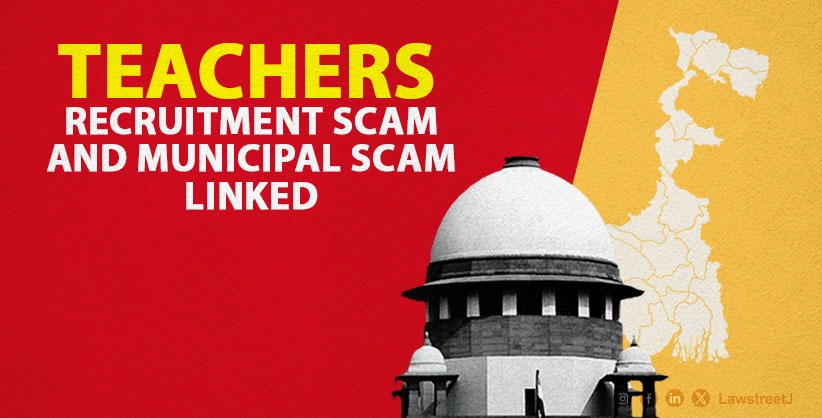Kolkata: The Calcutta High Court has dismissed a revisional application seeking to quash criminal proceedings against a pet owner accused of negligent conduct with animals, emphasizing that disputed questions of fact require full trial proceedings rather than summary dismissal.
The judgment was delivered by Justice Uday Kumar in a case concerning proceedings under Sections 289/34 of the Indian Penal Code, relating to alleged negligent conduct with respect to animals.
The case arose from a complaint alleging that the complainant was attacked by 10–12 unchained pet dogs while on his residential building’s roof, causing him to fall and sustain injuries.
The petitioner’s counsel argued that the allegations were false and fabricated, contending that the petitioner owned only one dog, not multiple dogs as claimed. The counsel further emphasized that the injury report dated June 26, 2022, noted “No obvious external injury seen,” and no X-ray reports were ever produced despite medical advice for imaging due to the complainant’s pain complaints.
Addressing the legal requirements under Section 289 IPC, Justice Uday Kumar observed:
“Section 289 of the Indian Penal Code unequivocally imposes a duty on the owner or possessor of an animal to take adequate measures to prevent any probable danger to human life or grievous hurt from such animal. The potential gravity of a dog attack on a human, capable of causing serious injury or even posing a threat to life, cannot be overstated.”
The court outlined the essential ingredients of the offence:
“The essential ingredients are (a) knowingly or negligently omitting to take sufficient order with an animal, and (b) such omission being sufficient to guard against probable danger to human life or grievous hurt.”
In response to arguments about the absence of visible external injuries, the court stated:
“Moreover, Section 44 IPC broadly defines ‘injury’ as ‘any harm whatever illegally caused to any person in body, mind, reputation or property.’ A fall, even without lacerations or fractures, can cause contusions, sprains, or soft tissue damage, which may not be externally obvious but still constitute ‘harm.’”
The court emphasized that Section 289 IPC addresses the potential danger, not solely actual grievous hurt, observing:
“Furthermore, Section 289 IPC references ‘probable danger to human life, or any probable danger of grievous hurt,’ implying that the potential for harm from an owner’s negligence is a relevant factor, not just the actual infliction of grievous hurt.”
On the petitioner’s claims regarding investigative shortcomings, the court noted:
“Arguments regarding the non-seizure of CCTV footage, lack of photographic evidence, or improper dog identification procedures are all valid defences the petitioner may raise during trial to discredit the prosecution’s case. While these point to potential investigative flaws, they do not automatically lead to quashing if other material prima facie suggests an offence.”
The court further clarified the principle governing the exercise of inherent powers under Section 482 of the Code of Criminal Procedure, stating:
“The law is firmly settled: where disputed questions of fact exist, the High Court, when exercising its inherent powers under Section 482 Cr.P.C., should not embark upon an inquiry to resolve them. Such matters fall exclusively within the domain of the Trial Court.”
Regarding the petitioner’s claims of malicious prosecution, the court observed:
“Allegations of a ‘concocted case,’ ‘oblique motive,’ an ‘eyewash investigation,’ or an ‘abuse of process’ are serious accusations requiring strong evidence. Merely making such an allegation is insufficient.”
Concluding that the case involves several disputed questions of fact requiring adjudication through trial, the court stated:
“Therefore, in my considered opinion, this case involves several disputed questions of fact that can only be effectively resolved by the learned Trial Court after recording evidence from both sides.”
In its final directive, the court ordered:
“The learned Additional Chief Judicial Magistrate, 2nd Court at Baruipur, South 24 Parganas, is directed to proceed with the trial of G.R. Case No. 4333 of 2022 expeditiously and conclude it in accordance with law.”
Counsel Appearance:
Mr. Ranojoy Chatterjee and Mr. Tamal Singha Roy, Advocates, appeared for the petitioner, while Mr. Rudradipta Nandy, Public Prosecutor, and Ms. Sonali Das, Advocate, represented the State of West Bengal.
Case Title: Suman Ray @ Suman Roy vs. State of West Bengal & Anr.





![Calcutta High Court conducts late-evening hearing, orders release of lawyer arrested inside court [Read Order]](/secure/uploads/2023/12/lj_4146_Court_lawyers_arrest.jpg)
![Indian Courts this Week: Law Street Journal's Weekly Round-Up of SC & HCs [Jan 1 - Jan 6]](/secure/uploads/2024/01/lj_9050_WhatsApp_Image_2024-01-06_at_12.07.10_PM.jpeg)




